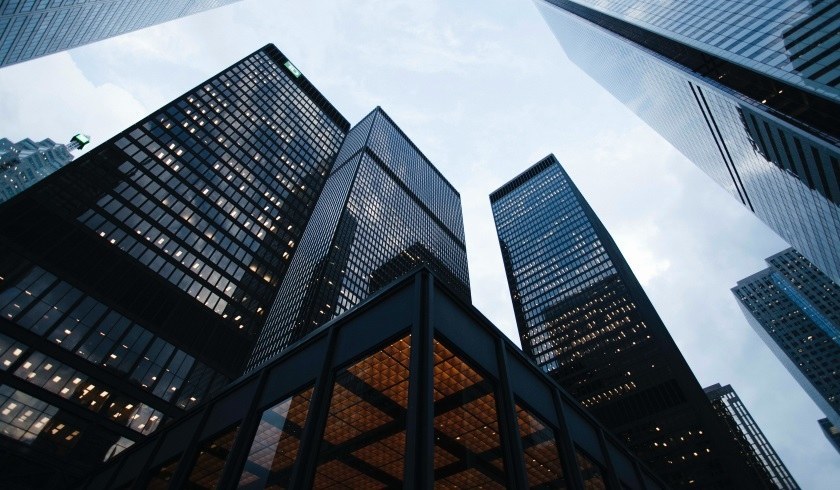03/06/2019
With the build industry accounting for 40% of the UK’s energy-related carbon emissions, the architects are encouraging other UK firms to join them in their plight for action to “meet the needs of society without breaching the Earth’s ecological boundaries.”
The seventeen RIBA Stirling Prize winners go on to say: “Together with our clients, we need to commission and design buildings, cities and infrastructures as indivisible components of a larger, constantly regenerating and self-sustaining system. The research and technology exist for us to begin that transformation now, but what has been lacking is collective will.”
The manifesto comes after the recent announcement from the UN warning that one million animal and plant species are at risk of extinction due to human actions[1]. It also follows an earlier warning that there are only 12 years left to limit global warming to 1.5°C[2].
The Architects Declare manifesto – where the founders have published their declaration – features an online form for other architect firms to sign up and join them in their revolution, with agreement to:
· Raise awareness of the climate and biodiversity emergencies and the urgent need for action amongst clients and supply chains.
· Advocate for faster change in the industry towards regenerative design practices and a higher governmental funding priority to support this.
· Establish climate and biodiversity mitigation principles as the key measure of the industry’s success, demonstrated through awards, prizes and listings.
· Share open knowledge and research to that end on an open source basis.
· Evaluate all new projects against the aspiration to contribute positively to mitigating climate breakdown and encourage clients to adopt this approach.
· Upgrade existing buildings for extended use as a more carbon-efficient alternative to demolition and new build whenever there is a viable choice.
· Include life cycle costing, whole life carbon modelling and post-occupancy evaluation as part of the basic scope of work, to reduce both embodied and operational resource use.
· Adopt more regenerative design principles in studios, with the aim of designing architecture and urbanism that goes beyond that standard of net zero carbon in use.
· Collaborate with engineers, contractors and clients to further reduce construction waste.
· Accelerate the shift to low embodied carbon materials in all work.
· Minimise wasteful use of resources in architecture and urban planning, both in quantum and in detail.
272 practices (and growing) are already signed up, showing that they are ready for change.
At Zip, we ensure all our products are responsibly manufactured with low impact design to comply with RoHS EU Directive 2011/65/EU. Our products have been created with smart energy features, such as innovative air-cooled technology and auto-sleep functions, to ensure effective energy efficiency. What’s more, with pure-tasting filtered boiling, chilled and sparkling water available instantly, our products completely eliminate the need for bottled water, reducing users’ environmental impact.
[1] https://www.bbc.co.uk/news/science-environment-48169783
[2] https://www.theguardian.com/environment/2018/oct/08/global-warming-must-not-exceed-15c-warns-landmark-un-report
Talk to us about your next project, request a brochure or arrange a full product demo with one of our team.
